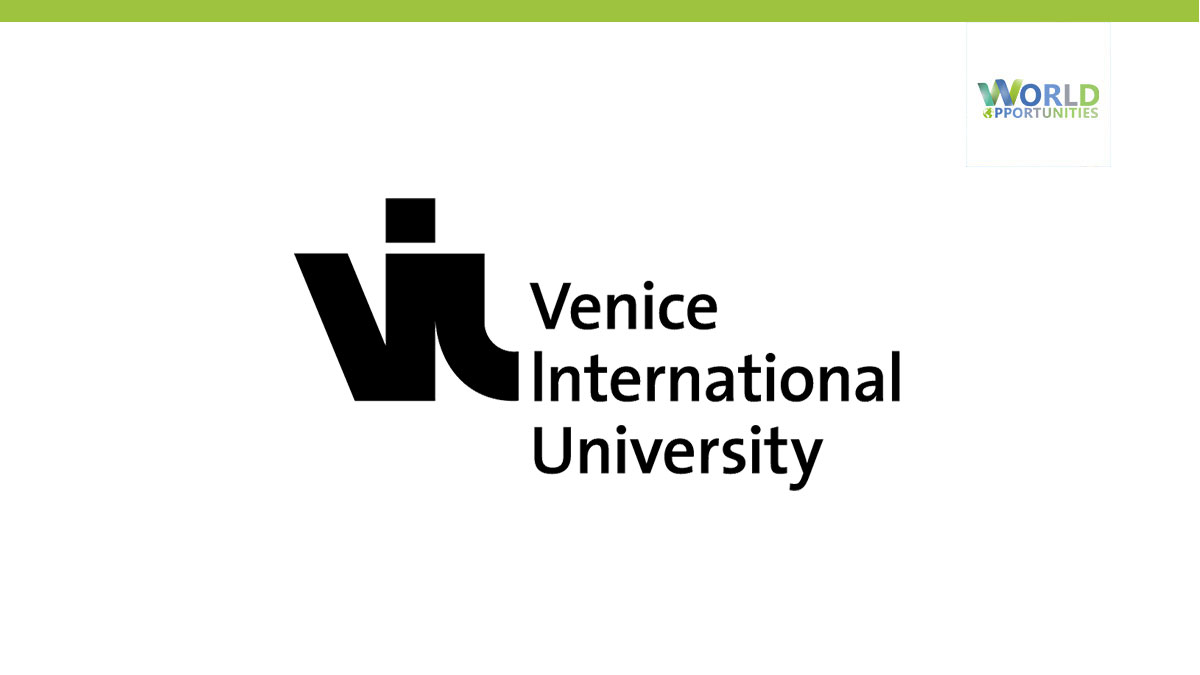Summary:
The CESifo Venice Summer Institute is a prestigious annual event that brings together economists from around the world to engage in in-depth discussions, workshops, and panel meetings focused on economic policy topics. This institute serves as a platform for scholars to exchange ideas, collaborate, and contribute to the field of economics. The event is hosted at Venice International University, located on the picturesque island of San Servolo, which offers a serene and inspiring atmosphere for intellectual discourse.
The upcoming CESifo Venice Summer Institute in 2024 is scheduled to be held from June 24th to June 29th. During this period, participants will have the opportunity to attend various workshops and sessions led by renowned experts in their respective fields. The workshops cover a wide range of pressing economic issues, providing a platform for researchers to present their latest findings, share insights, and engage in stimulating discussions.
The institute encourages active participation and knowledge-sharing among economists, policymakers, and researchers. It offers a unique environment where attendees can network, establish new collaborations, and foster meaningful connections with peers from different parts of the world. The CESifo Venice Summer Institute has gained recognition for its high academic standards and rigorous scholarly discourse, making it an important event in the global economics community.
Requirements:
– Submissions can only be made online. You can click on the submissions link for the workshop of your choice or use the website for submission.
Workshops:
1. Unleashing Potential: Skill Shortages and Re-skilling the Workforce (June 24-25)
– This workshop focuses on exploring reskilling initiatives in the context of digital transformation. It examines firms’ approaches, demand for reskilling, deployment strategies, and mechanisms to enhance employee participation.
2. Weathering the Storm: The New Push for International Tax Reform and its Impacts on Inequality (June 24-25)
– This workshop discusses the policy response to international tax noncompliance in the face of challenges such as the pandemic, climate crisis, and geopolitical events. It also addresses the impact of these challenges and regulatory responses on increasing inequality.
3. Globalization and Innovation (June 26-27)
– This workshop explores the relationship between globalization and sustainable growth, inclusive development, and climate action. It focuses on the role of global production networks, multinational activity, and their effects on technological change and global objectives.
4. The Economics of Social Media (June 26-27)
– This workshop examines the impact of social media on democracy and society. It aims to understand the benefits and downsides of social media usage and explores ways to make social media more beneficial for society. It also explores how social media data can be used to study human behavior and interactions.
5. Funding Education: New Insights on Impacts, Contexts, and Challenges (June 28-29)
– This workshop investigates the impact of adjusting school resources on educational quality and closing gaps in inputs and outcomes. It focuses on understanding the circumstances under which increased resources are most beneficial and which investments yield the largest returns.
6. Expectation Formation (June 28-29)
– This workshop explores how expectations influence economic decision-making under uncertainty. It brings together researchers to enhance understanding of how individuals form expectations and how those expectations affect economic decisions and policies.
